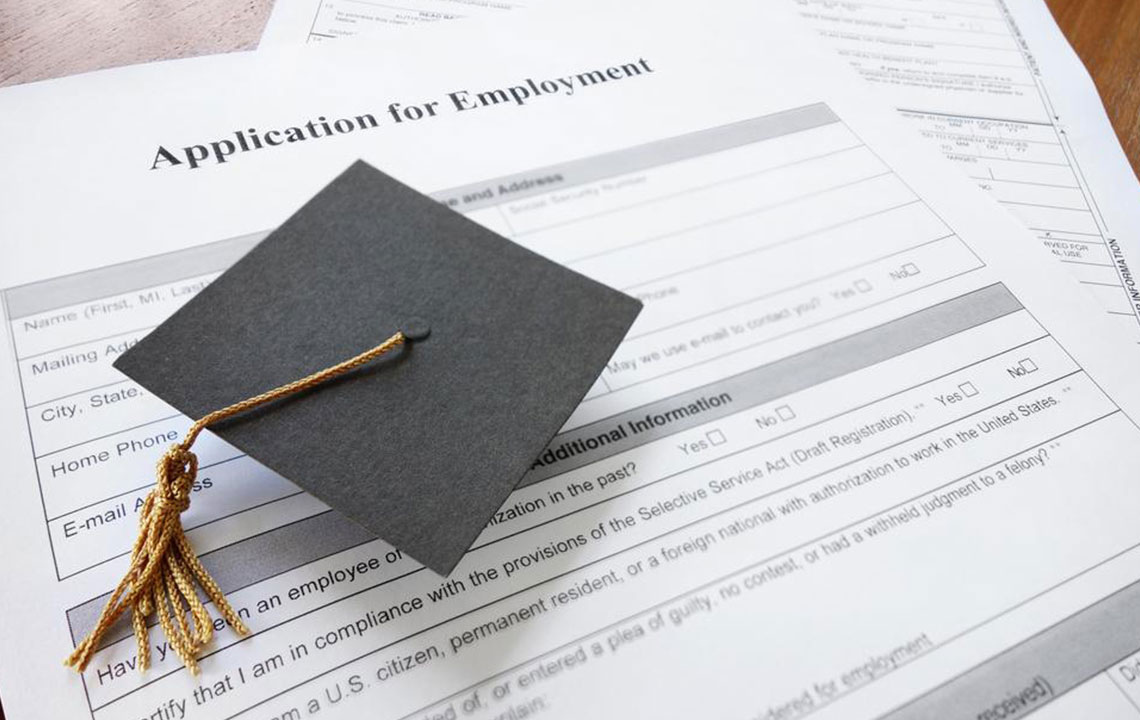Comprehensive Guide to Entry-Level Careers for Criminal Justice Graduates
This comprehensive guide explores essential entry-level careers for criminal justice graduates, detailing roles such as patrol officers, forensic technicians, dispatch operators, and social services counselors. It offers insights into each position’s responsibilities, skills needed, and how these jobs serve as stepping stones for future career growth. Ideal for recent graduates, this article helps navigate the initial steps toward a fulfilling career in criminal justice, emphasizing practical experience and professional development opportunities across law enforcement, forensic science, social work, and related fields.

Comprehensive Guide to Entry-Level Careers for Criminal Justice Graduates
Earning a degree in criminal justice opens up a diverse range of career opportunities across various sectors such as law enforcement, corrections, criminology, social services, and legal studies. While having a solid educational foundation provides a significant advantage, many aspiring professionals encounter challenges when transitioning directly into their dream roles. This is often due to the necessity for practical skills and on-the-ground experience that cannot be solely acquired through classroom learning. Therefore, starting with entry-level jobs becomes crucial for gaining essential hands-on experience, developing key skills, and laying a strong foundation for future career advancement. In this detailed guide, we explore some of the most common and valuable entry-tier roles suitable for recent criminal justice graduates, along with insights into each position’s responsibilities, skills required, and how they can serve as stepping stones for a successful career in the criminal justice field.
Patrol Officer – One of the most well-known entry-level roles in law enforcement is that of a patrol officer. Patrol officers serve as the frontline representatives of police agencies, responsible for maintaining safety and order within designated neighborhoods and districts. Their duties include patrolling assigned areas to deter and respond to criminal activity, responding promptly to emergencies, conducting basic investigations, and enforcing traffic laws and regulations. Often, patrol officers work closely with community members, fostering positive relationships that are essential for effective policing. This role provides invaluable practical experience in law enforcement tactics, criminal behavior observation, report writing, and community engagement. Many law enforcement careers begin with a patrol officer position, making it an excellent starting point for those committed to pursuing careers in policing.
Forensics Technician – Forensic specialists play a vital role in criminal investigations by analyzing physical evidence collected from crime scenes. This path often appeals to criminal justice graduates with a keen interest in science and analytical work. Forensic technicians examine biological samples such as blood and DNA, analyze ballistic evidence like firearms and projectiles, and interpret various crime scene findings. This role requires a strong foundation in biology, chemistry, and scientific methodology, often supplemented by specialized training or certifications. Working as a forensic technician enables individuals to contribute directly to solving crimes through scientific analysis, making it a uniquely investigative and intellectually stimulating career path. This entry-level role is also a stepping stone to advanced forensic science careers, including roles in forensic labs or crime scene investigation units.
Dispatch Operator – If a career in law enforcement interests you but you prefer a role behind a desk, becoming a dispatcher might be a perfect choice. Dispatch operators are critical for coordinating emergency response efforts by handling incoming emergency calls, dispatching police, fire, or medical teams, and maintaining communication during crises. Excellent communication skills, calmness under pressure, and quick decision-making are essential for success in this role. Dispatchers play a crucial part in ensuring that emergency services respond promptly and effectively, making them an integral component of law enforcement and emergency services networks. Many criminal justice graduates start their careers in dispatch centers as a way to gain insight into the operational aspects of public safety agencies while developing skills that are transferable to other roles in the field.
Social Services Counselor – Graduates with an interest in the rehabilitative and supportive side of criminal justice can pursue careers as social services counselors. In this role, they assist offenders and at-risk populations through counseling, rehabilitation programs, and guidance on reintegration into society. Additionally, social services counselors often work within government agencies or non-profit organizations, helping individuals navigate complex legal and social systems, providing mental health support, and working on crime prevention initiatives. Knowledge of criminal behavior, legal frameworks, and social work principles equip these professionals with the tools necessary for effectively supporting clients, addressing root causes of criminal behavior, and reducing recidivism. This career path not only offers a chance to make a meaningful difference in individuals' lives but also provides a foundation for future roles in social services, juvenile justice, and community outreach programs.
Embarking on a career in criminal justice requires strategic planning and gaining relevant experience. Entry-level positions such as patrol officers, forensic technicians, dispatch operators, and social services counselors serve as essential stepping stones. These roles help graduates develop practical skills, expand their professional networks, and gain insights into different facets of the criminal justice system. As they accumulate experience, many individuals go on to pursue specialized training, certifications, or higher education to advance their careers—whether in law enforcement, forensic science, social work, or legal practice. For recent graduates eager to begin their journey in criminal justice, choosing the right entry-level job is a crucial first step toward fulfilling a rewarding and impactful career dedicated to justice and public safety.





